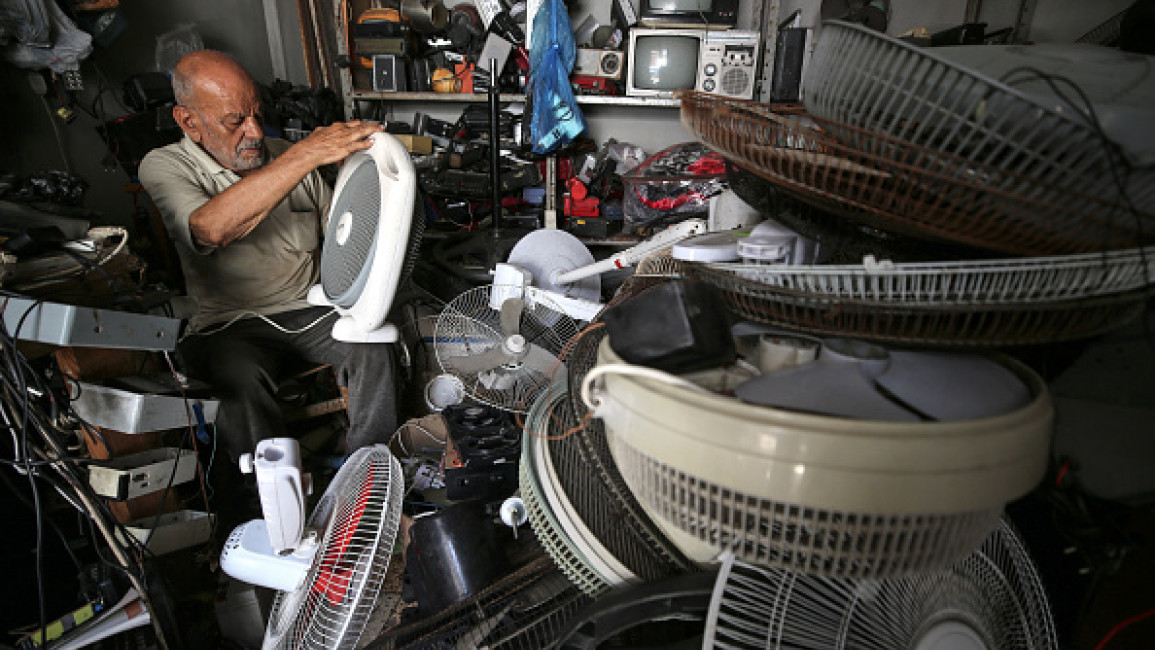Power grids buckle across MENA countries in summer heatwave
Countries across the Middle East and North Africa have been battling with intense power demand as the region experiences another sweltering summer.
Some countries have turned to scheduled power outages throughout August to ease the strain on ageing power grids during a sustained heatwave which shows little sign of relenting.
On Thursday, Egypt announced a managed timetable of rolling blackouts throughout August to try and cope with demand caused by increased air conditioning usage, and to protect essential healthcare services.
Civil servants will work from home one day a week in an attempt to ease the load on local electricity networks, as temperatures surpassing 45 degrees Celsius (113 Fahrenheit) were recorded in parts of the country this week.
Planned power cuts announced by the government last week will continue for the summer, with residents warned not to use elevators at certain times of day.
Last week's measure sparked a backlash, with many people complaining that the cuts - frequently coming at the hottest time of day - often lasted longer than two hours and occurred outside of the planned time slots.
Libyan power supplies have also been hit by periodic blackouts as repair crews attempt to maintain the country’s ragged power supply grid.
The Libyan national electricity company says they may have to spread demand over a greater number of power sources - a process called ‘load shedding’ - to avoid excessive strain on central power plants.
Lebanon has been at the mercy of daily power supply issues for years and rarely gets more than a few hours of mains electricity per day, threatening healthcare facilities, museums, schools and other basic public services.
Power cuts in Gaza, for long a regular feature of the intense Mediterranean summers, have increased this year as temperatures have stayed above average.
Decades of Israeli refusal to allow maintenance or development of the Gaza power grid means that summer heat in the besieged strip is often unbearable.
Overwhelming health data from around the world has shown that power cuts - especially during period of excess heat - can have profound effects on public health.
“power outages have important health consequences ranging from carbon monoxide poisoning, temperature-related illness, gastrointestinal illness, and mortality to all-cause, cardiovascular, respiratory, and renal disease hospitalizations,” according to the US national institute of health.
Power limits also tend to hit the poorest in society the worst, who have no recourse to alternative power sources.
Temperature increases in the Middle East and North Africa have been long been anticipated as a result of human-led climate change, and many studies have indicated countries in the region will be among the hardest hit in the world.
The region could see an overall warming of up to 5 degrees Celsius or more by the end of the century, a report prepared by the Cyprus Institute said in 2022.



